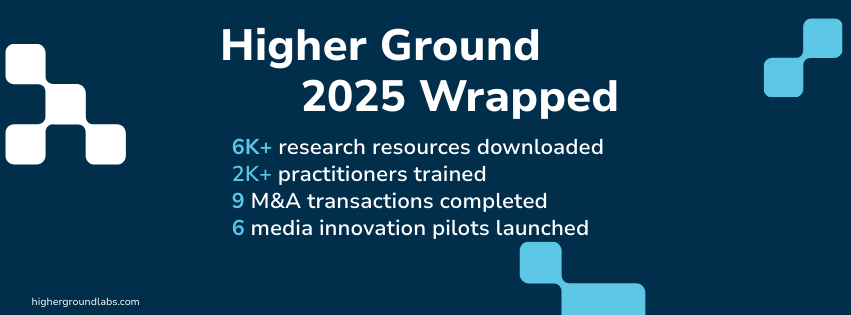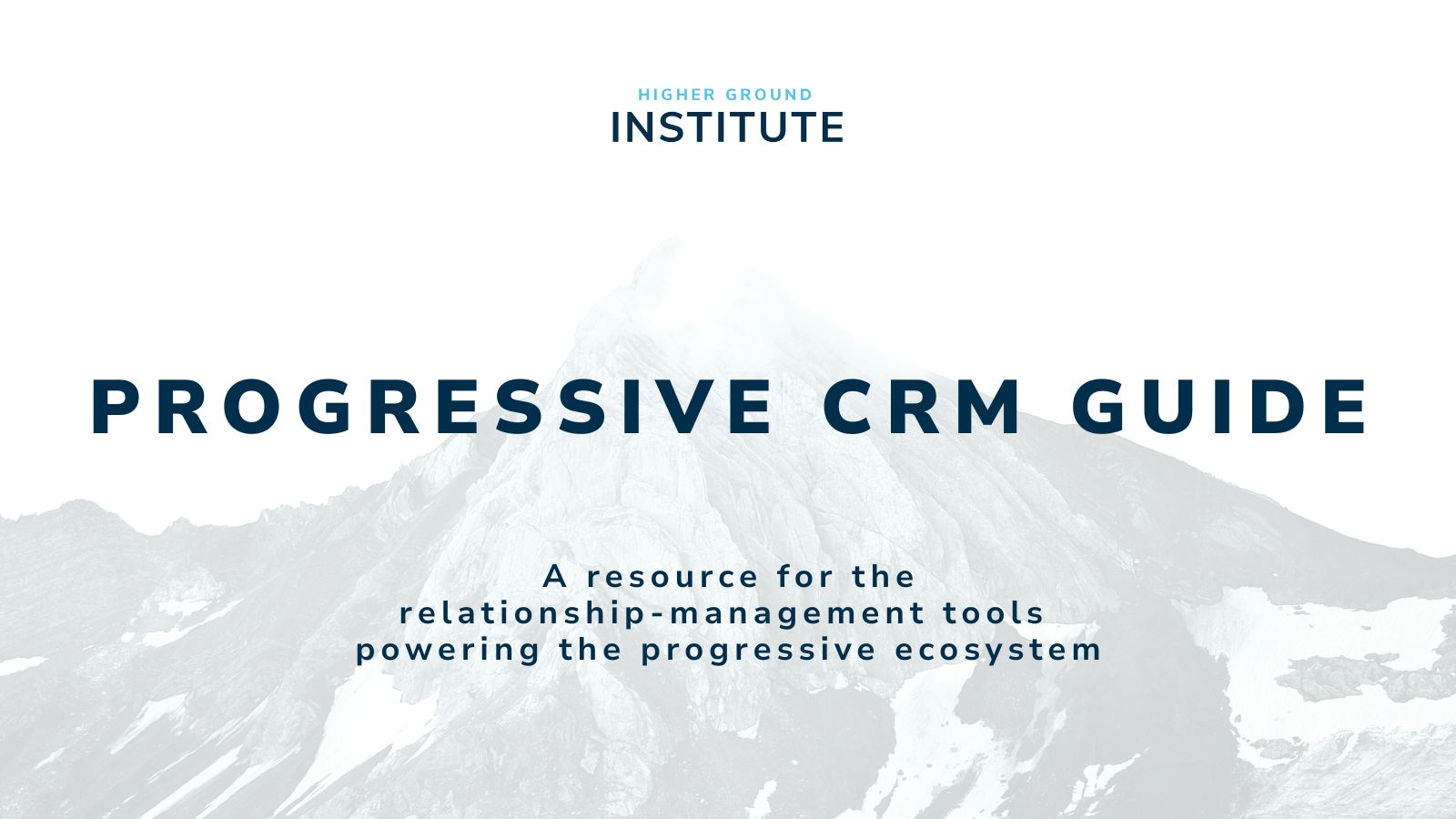Bluelink lets non-technical users easily set up data flows between tools so their campaigns and groups can automatically run processes — like registering voters or thanking donors — saving time and money for strategic work while using context to improve the voter/supporter experience. For software teams, Bluelink reduces integration costs so they can focus on products not pipes.
We asked founders Irene Tollinger and Preston Tollinger to share a little bit more about their vision for BlueLink and loved learning more about them.
Tell us more about why you started your company and its mission.
Irene: I knocked on doors in 2018 and knew I couldn’t sit out the 2020 election. I did user research and talked to a broad range of people in the political world. They kept mentioning data integration. It was an issue for organizers who downloaded, munged, and uploaded text files. It was an issue for engineering teams whose time was pulled off their core product. It was an issue for my friends who donated money and then still got calls asking if they supported the candidate. These issues are all caused by the rising tide of innovation in political tech. Each tool was doing something great in its niche, but more tools meant more data silos. This is a good problem to have but still needs to be addressed. Luckily, it was one I’d solved before at NASA and in health tech. I convinced my partner, Preston and our former colleague and CTO, Leah, to join me. Our mission is to flow data between tools enabling orgs and campaigns to run impactful programs and win.
Where are your founders from? Where is the company based now?
Irene: I grew up in LA.
Preston: I grew up in NYC on the Upper West Side. As a company, while we have a mailing address in DC, we are fully remote and have employees coast to coast.
What are the features you’re most excited about at the moment?
We are excited about two features. First, we just deployed a mapping UI that allows data savvy users and vendor teams to define exactly how their data should flow into each destination system. This matters because it makes our work highly scalable. We support all the use cases without tweaking any code.
Second, we’re excited about a template feature that makes it easy for an organizer to set up a flow, recommended by a parent organization, with a few clicks. This feature allows larger groups (e.g., state party, training org, national org, etc.) to define templates for the data flows they recommend to their subgroups and participants. So if they recommend thanking your donors via physical mail, for example, a few clicks can deploy a template that feeds ActBlue data to Thanks.io and logs send postcards back to NGP.
What has been the most challenging part of being a founder?
Preston: This is my fifth startup and my first in political tech. It was hard work to build a network in politics and understand all the expectations and trade offs. Political tech is harder than VC-backed tech in various ways: highly cyclical, less money for software, etc.
If you could travel anywhere in the world, where would you go?
We’d go to Hong Kong. Preston’s dad lived there for 7 years and somehow we’ve never been.
What is your favorite hobby that you’ve started in the last year?
Irene: We have four children ranging in age between 9 and 15. Kids can’t be your hobby, right?
Preston: When we told our kids the new company name, the 12-year-old’s comment was: “Dad, all links are blue!”. That seemed like a good omen.



